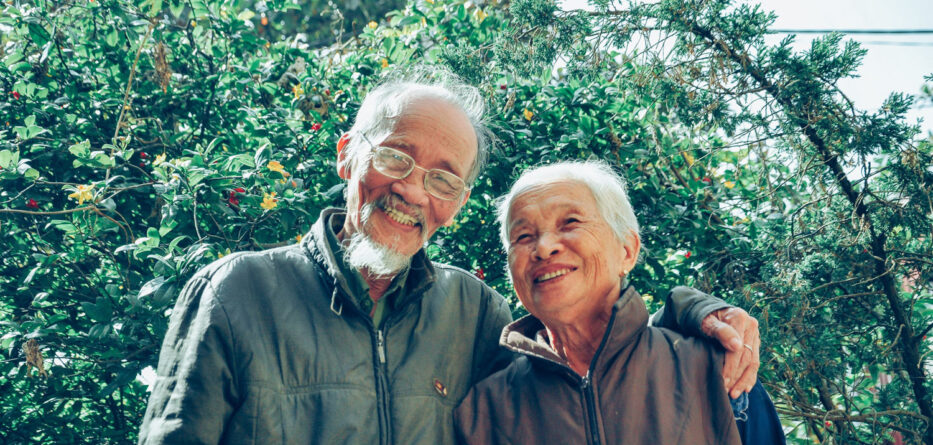SACRAMENTO, Calif. — The push is on to expand Medi-Cal to include more undocumented residents.
The Health4All coalition kicked off its 2021 efforts in support of Senate Bill 56, which would expand Medi-Cal to include low-income undocumented seniors, and Assembly Bill 4, which would open the program up to all income-eligible Californians.
Dulce Garcia, executive director of Border Angels and a member of the advisory board of the San Diego Immigrant Rights Consortium, said her father, who is undocumented, has suffered terribly without access to health insurance.
“When he broke his arm, he was terrified,” Garcia explained. “Not only of immigration but of the bill. He waited about a week after it got really, really painful. So the doctor told him you have to go to the emergency right now, or they’re going to have to amputate if you wait any longer.”
Experts estimate adding all income-eligible seniors to Medi-Cal would cost $80 million to start and about $350 million a year after that.
Don Pedro Montes Vargas, 76, speaking through translator Andre Barros, said as an undocumented person he can’t afford to retire, so he collects recyclables in order to pay for his prescriptions for high blood pressure, high cholesterol and diabetes.
“He thought he would qualify for low-income services, but unfortunately they gave him a big bill and they charged him a lot of money for his medications,” Barros relayed.
Sen. Maria Elena Durazo, D-Los Angeles, the bill’s author, said the state’s 1.5 million undocumented people, among them 27,000 seniors, should not be forced to rely on emergency rooms.
“They are the working poor,” Durazo observed. “They contribute $3.2 billion in taxes to fund services like Medi-Cal. And yet, they are still denied access to primary care.”
She noted the pandemic has exacerbated inequities. Latino residents are three times as likely, and Black residents twice as likely, to be hospitalized for COVID compared to Caucasian residents.






